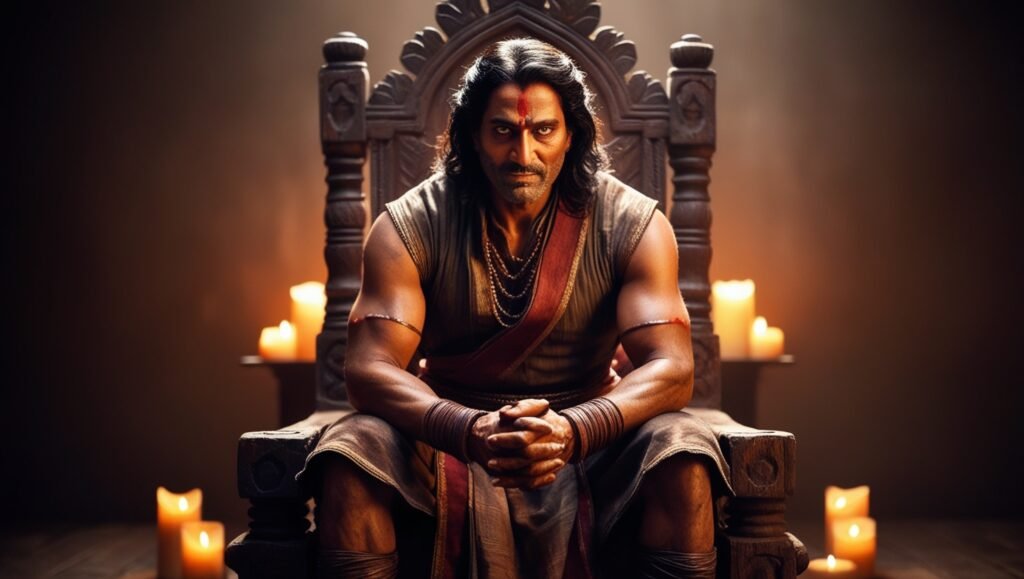Astrology, once dismissed as a fringe belief, is experiencing a resurgence among millennials. From memes to horoscopes, astrology has found its way into modern culture, influencing how young people make decisions, form relationships, and understand themselves. But what’s driving this renewed interest? Let’s explore why millennials are embracing astrology.
A Quest for Meaning in Uncertain Times
Millennials grew up during the most rapid technological advancements in history, economic instability, and shifts in societal norms. These conditions have made most people search for meaning beyond material success, seeking guidance in astrology.
Emotional Comfort: Astrology offers reassurance in explaining life’s patterns and challenges through celestial influences.
Self-Discovery: Natal charts give insights into personality, strengths, and weaknesses, helping navigate personal growth.
The Digital Revolution and Accessibility
Astrology’s popularity has been escalated through digital media. Apps, social media, and online communities have made the knowledge of astrology extremely accessible.
Astrology Applications: Co–Star as well as The Pattern offer interactive personalized charts and daily revelations.
Social Media: Instagram and TikTok contain relatable memes related to astrology, videos about astrology, and tips connected with the same, which speak to millennials.
Online Communities: Forums and groups allow connected individuals to interact with each other, share experiences, and get a deeper understanding.
Astrology as a Tool of Connection
Astrology has become a social phenomenon, sparking conversations and fostering connections.
Icebreakers: Discussing zodiac signs is a popular way to bond and share laughs.
Compatibility Insights: Many use astrology to explore romantic and platonic compatibility.
Shared Experiences: Identifying with one’s sign fosters a sense of belonging and shared identity.
A Non-Dogmatic Approach to Spirituality
Unlike organized religion, astrology offers a flexible and personalized spiritual framework.
No Strict Rules: Astrology is not a science that requires to be followed by strict practice or belief.
Personal Guidance: It is based on individual experiences, hence quite relatable and practical.
Science and Spirituality Combined: Millennials love how astrology balances astronomical data with introspection.
Pop Culture Influence
Astrology has made its way into pop culture, which has increased its popularity.
Horoscopes in Media: Magazines and websites publish
regularly.
Celebrity Endorsements: Stars like Beyoncé and Lady Gaga openly endorse astrology, and it becomes trendy.
Merchandise: Zodiac-themed clothes, jewelry, and home decor reflect its importance in culture.
Critics and Misconceptions
Popularity aside, astrology remains surrounded by skepticism.
Scientific Backlash: Critics view the lack of empirical evidence to support it, but astrological enthusiasts see it as a tool of self-reflection rather than prediction.
Superficial Trends: Some believe the profundity of astrology is overlooked with its commercialization.
Conclusion
Astrology’s growing appeal among millennials reflects a broader desire for self-awareness, connection, and meaning. Its adaptability to modern lifestyles, coupled with digital accessibility and cultural integration, ensures its continued relevance. Whether you’re a skeptic or a believer, astrology offers a unique lens through which to view the world—and perhaps, yourself.



